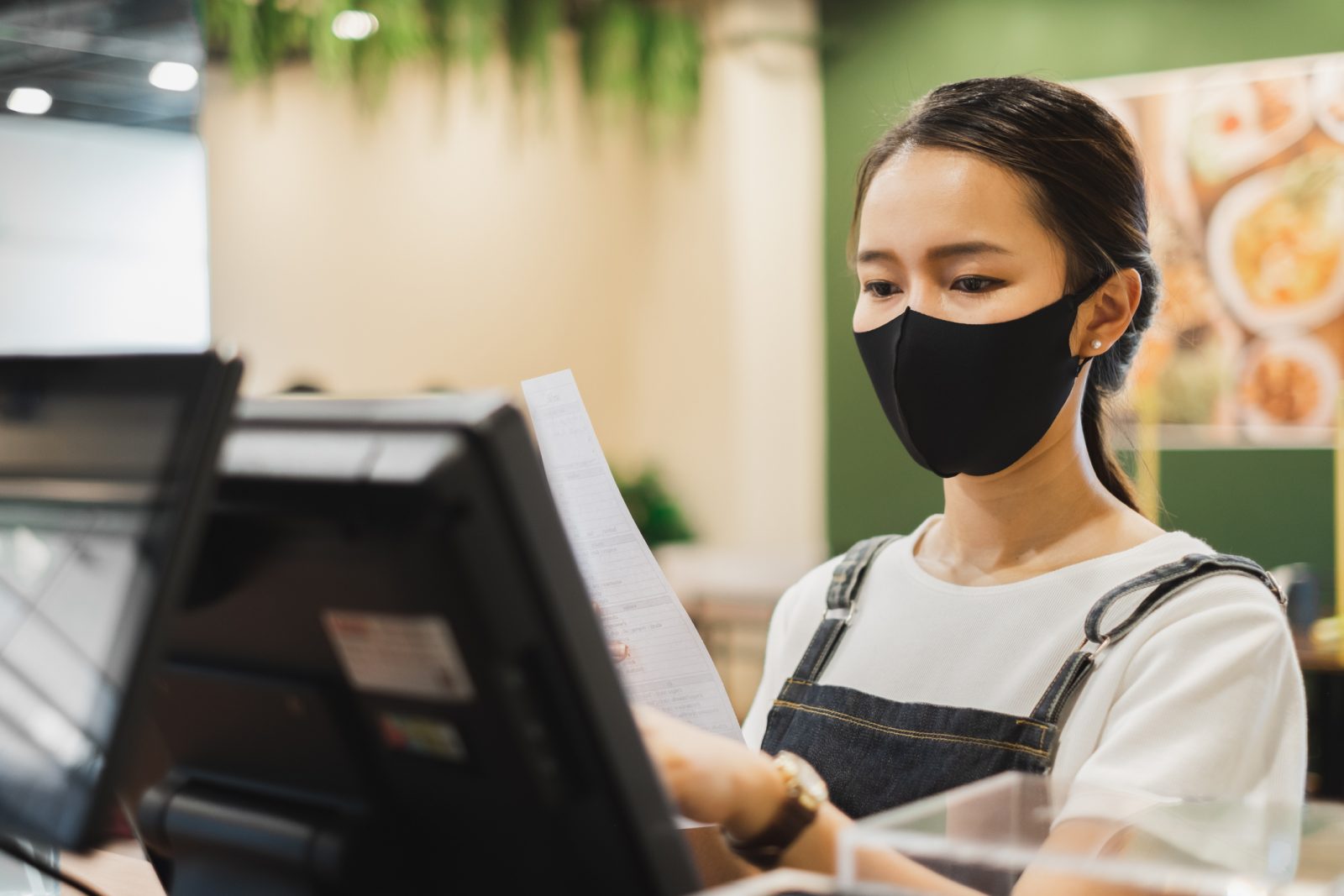Pandemic reveals low-wage workers need better protections

Vaccination will protect workers from the coronavirus, but a shot won’t immunize them against employer retaliation, low wages and unsafe working conditions.
To realize a world stronger than our old “normal,” we need to understand how the pandemic is directly impacting workers and what California must do to protect them and their families.
Californians are receiving the COVID-19 vaccine at record rates. Many low-wage workers who have shown up to work every day, fearful of COVID-19, can finally see relief on the horizon. While some still struggle to access appointments, increasing vaccinations and decreasing positivity rates mean that essential jobs will no longer carry the same acute health risks.
But the pandemic is not over and its impact will remain for years to come. We need to understand the toll of the past year on workers and find real solutions – to problems that will not disappear with the virus – for making all communities and industries healthier.
To find out how the pandemic has affected low-wage workers of color, our organizations, Asian Law Caucus and UC Berkeley, surveyed primarily Asian and Latinx workers across California about their workplace conditions and experiences. The results were alarming:
- One in five workers were paid less than California’s minimum wage to risk their lives making takeout meals, providing home health care, and cleaning schools, homes and hospitals.
- Almost one-third of workers had a negative interaction with a coworker, customer or client who was not following COVID-19 guidelines.
- One-third of workers were uncomfortable telling their employer if they had COVID-19 symptoms.
- Three in five workers either received no information from employers about their right to use paid sick leave for COVID-19, may have received misleading or incomplete information, or are unsure whether they can use paid sick leave.
A worker at a fast-food chain in Los Angeles shared that when several coworkers tested positive for COVID-19, her employer refused to tell her if she had been exposed. When she found out she had, they would not pay her for time off. She kept working.
For months, she wore a mask at home, even when she was sleeping. She slept on the floor to protect her husband. She did not hug her children. She told us, “It affected (us) a lot … My 5-year-old son would ask, ‘You don’t want me anymore?’” When she spoke out, her work hours were cut, her coworkers were told not to help her and she was eventually fired.
Low-wage workers were forced to make impossible choices in the depths of the pandemic. Every day they had to ask themselves: Would they risk bringing the virus home to their families to make sure they could put food on the table?
To come out of the pandemic stronger, we must create safe working conditions, and guarantee wages and benefits that match just how essential these workers are. A so-called return to normal will be devastating to workers who put their lives on the line to keep this country afloat.
We need to expand protections and benefits so workers can stay home when they’re sick. We also need to strengthen enforcement efforts so that employers can’t ignore the rules and mistreat their workers. Relying on employers as the sole messengers of information about benefits leaves workers vulnerable. Increasing multilingual and culturally competent education for workers is key.
The changes we’re recommending are not abstract and their impact on lives won’t be either. State legislators are taking important steps to give fast food workers more protection, extend protections to domestic workers, beef up enforcement efforts at Cal/OSHA and expand critical benefits like MediCal and Paid Family Leave.
If we step up as a state, Californians will face less hardship at home and go to jobs that treat them with dignity and respect. Children will be healthier and have more opportunities to thrive. Communities will be stronger. And we’ll all live in a more equitable world.
This article was originally published on the Cal Matters website.
Winifred Kao is senior counsel for Impact Litigation at Asian Americans Advancing Justice-Asian Law Caucus.
Alejandra Domenzain is program coordinator at UC Berkeley Labor Occupational Health Program.
